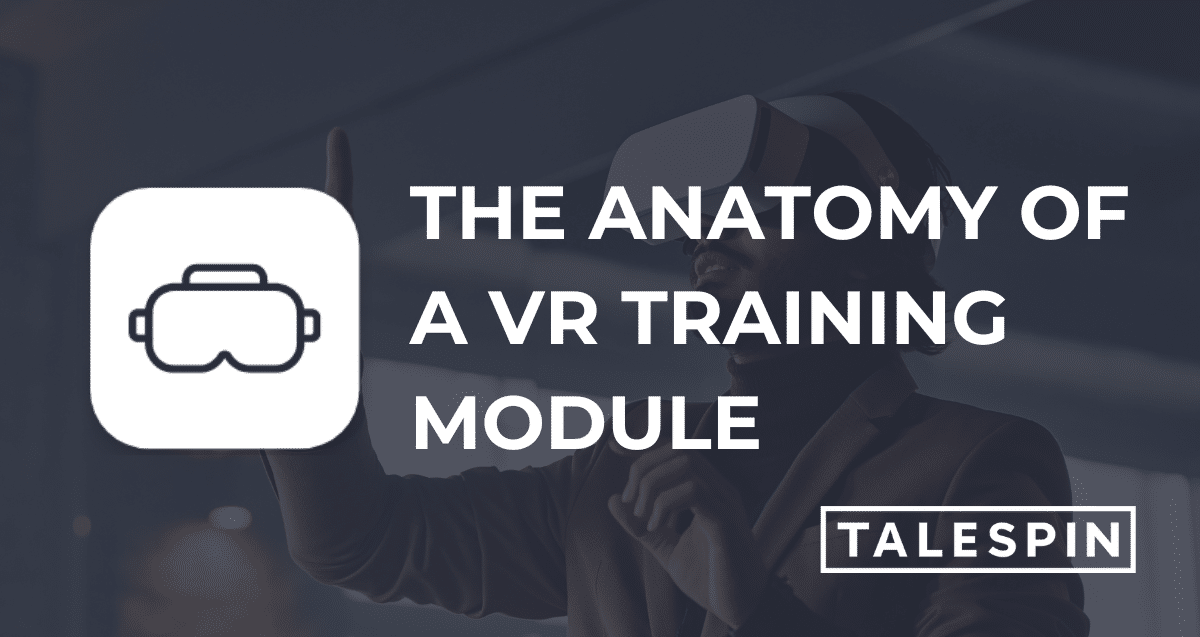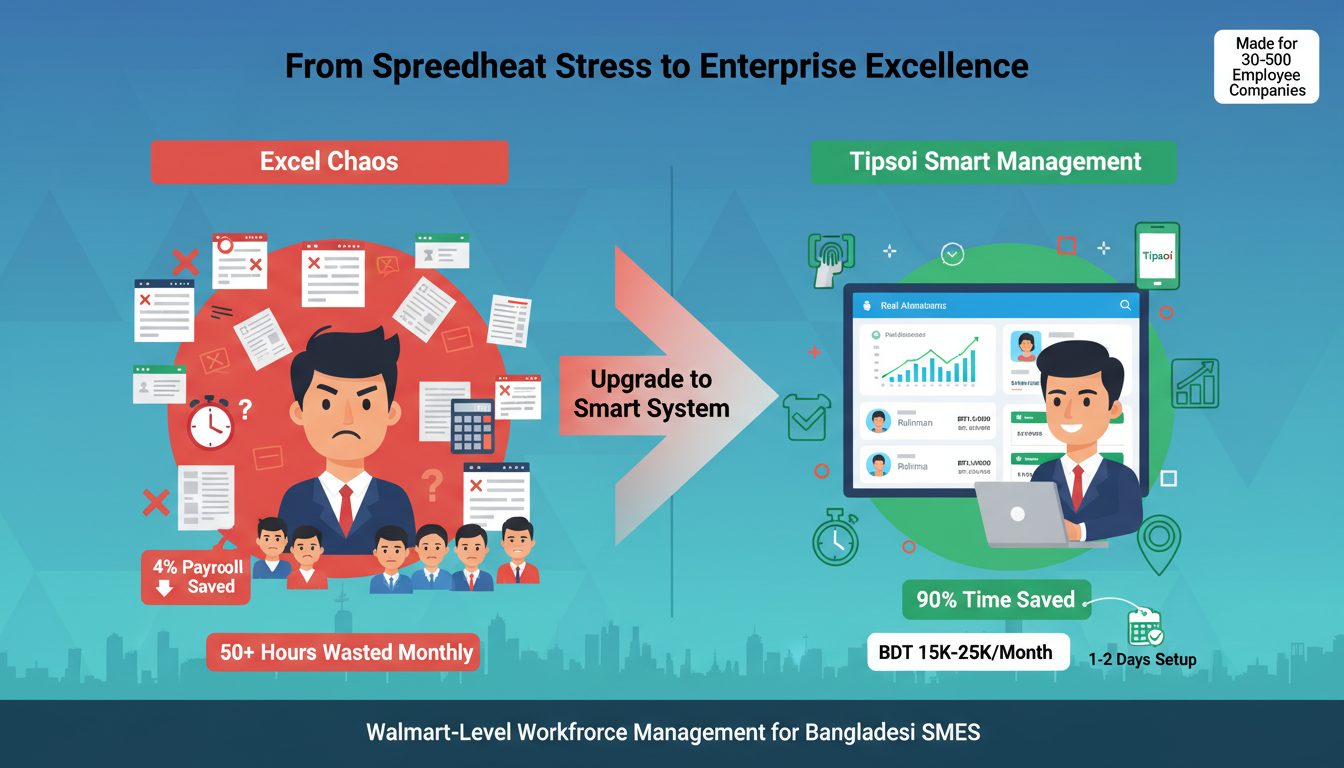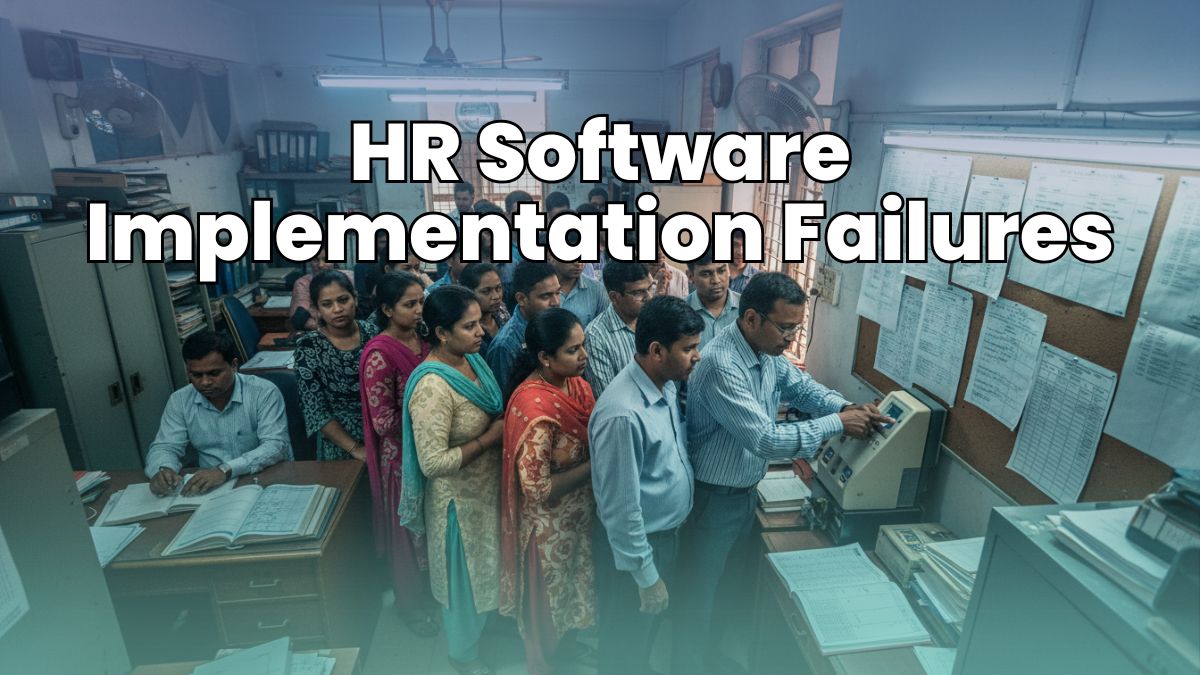Virtual Reality (VR) is changing how we train employees. VR makes learning fun and realistic. In this article, we’ll discuss what is needed for VR-based HR system training modules.
Why Use VR in HR Training?
VR helps employees learn better. It creates real-life scenarios. This makes training more effective. Employees can practice without real-world risks. VR also saves time and money.
Key Components of VR-Based HR Training
Several key components are needed for VR-based HR training. Let’s look at each one.
1. Vr Headsets
VR headsets are the most important tool. They create a virtual environment. Popular brands include Oculus, HTC Vive, and PlayStation VR.
2. Vr Software
VR software runs the training modules. There are many options available. Some popular choices are Unity, Unreal Engine, and custom-made software.
3. Content Creation
Content creation is key. The content must be engaging and realistic. This includes 3D models, animations, and scenarios. Experts often create this content.
4. Hardware Requirements
Good hardware is essential. This includes powerful computers and high-quality VR headsets. The hardware must run the VR software smoothly.
5. User Training
Users need training to use VR. They must know how to wear the headsets. They must also understand the controls.
6. Feedback And Assessment
Feedback and assessment are important. Users need to know how they are doing. This helps them improve. VR systems can provide instant feedback.
Steps to Develop VR-Based HR Training Modules
Developing VR-based HR training modules involves several steps. Let’s explore them.
1. Identify Training Needs
First, identify the training needs. What skills do employees need? What scenarios should they practice?
2. Choose The Right Tools
Next, choose the right tools. Select the best VR headsets and software. Ensure the hardware is powerful enough.
3. Create Engaging Content
Content creation is crucial. Make sure the content is engaging and realistic. Use experts to create high-quality 3D models and scenarios.
4. Test The Modules
Test the modules before using them. Ensure everything works well. Fix any issues that arise.
5. Train The Users
Train the users on how to use the VR system. Make sure they know how to wear the headsets and use the controls.
6. Collect Feedback
Collect feedback from the users. Use this feedback to improve the modules.
Benefits of VR-Based HR Training
There are many benefits to using VR-based HR training. Here are some:
- Realistic training scenarios
- Safe environment for practice
- Instant feedback
- Cost-effective
- Engaging and fun
Challenges of VR-Based HR Training
There are also some challenges. Here are a few:
- High initial cost
- Need for powerful hardware
- Training users on VR
- Creating high-quality content

Credit: www.edtechinnovationhub.com

Credit: www.talespin.com
Frequently Asked Questions
What Hardware Is Needed For Vr-based Hr Training?
A VR headset and a compatible computer or console are essential for VR-based HR training.
What Software Is Required For Vr Hr Training?
You need VR training software tailored to your HR needs and compatible with your VR hardware.
How Do Vr Training Modules Benefit Hr?
VR training modules offer immersive, interactive learning, enhancing employee engagement and retention.
Is Vr Training Cost-effective For Hr Departments?
Yes, VR training can reduce travel costs and improve training efficiency, making it cost-effective.
Conclusion
VR-based HR training is a powerful tool. It makes learning fun and realistic. However, it requires careful planning and the right tools. With the right approach, VR can greatly improve HR training.








